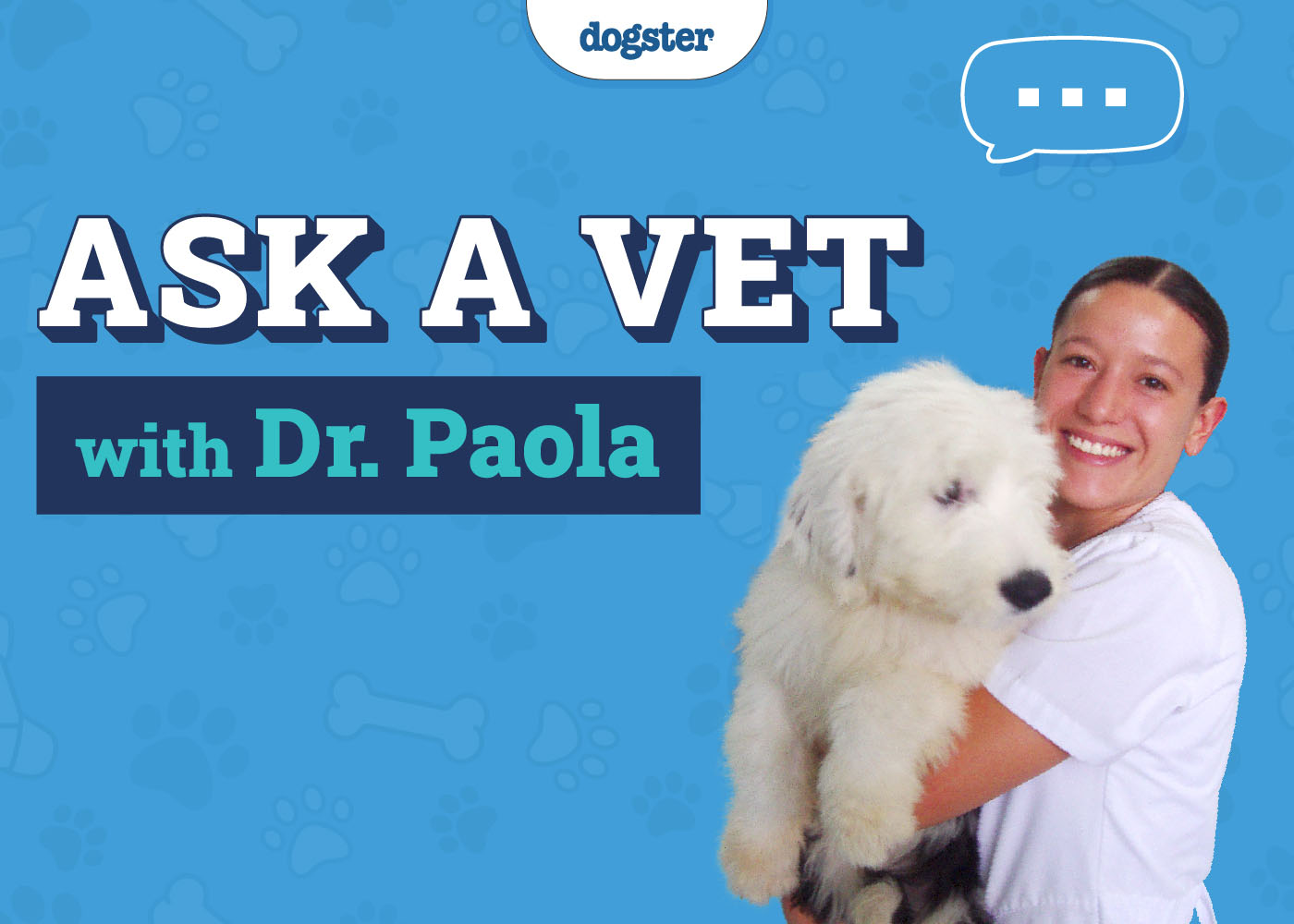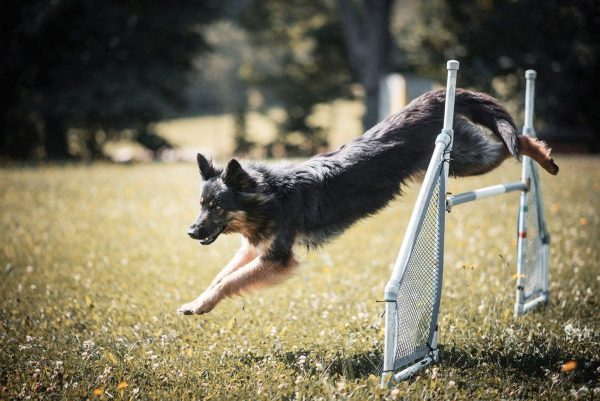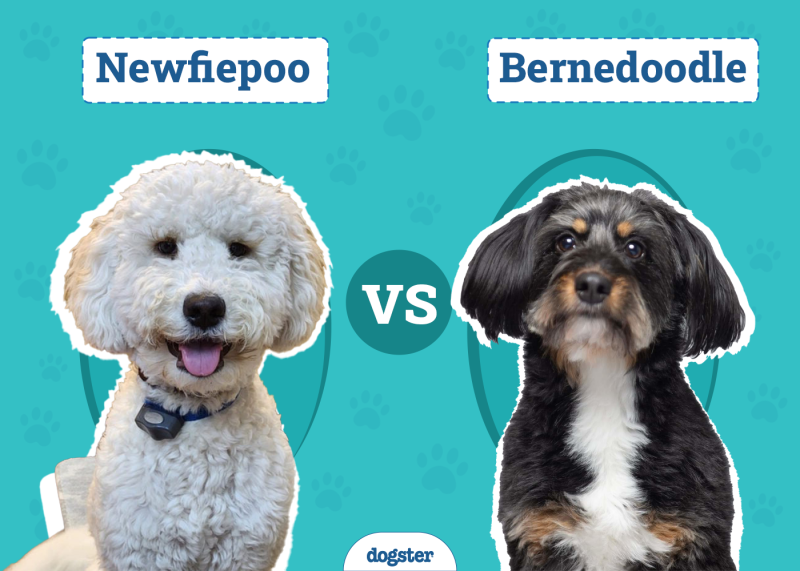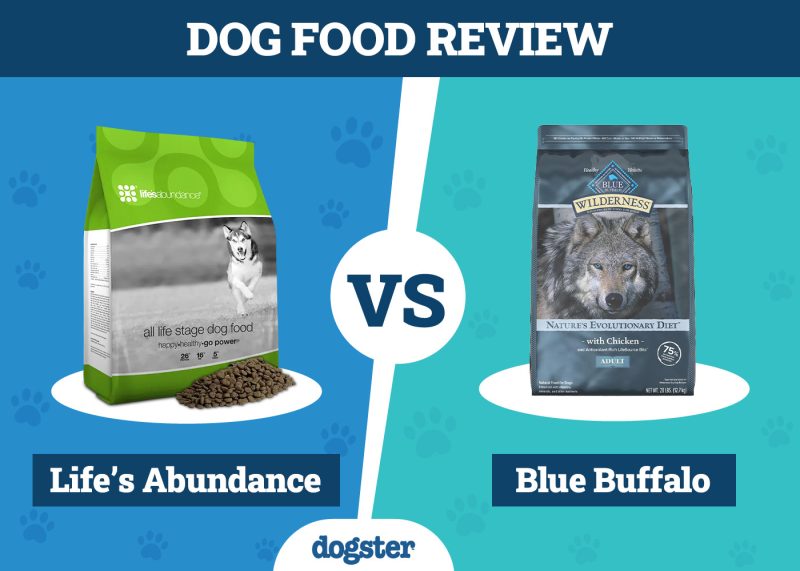Welcome to our “Ask Dr. Paola” series, where every Monday we bring expert advice straight from Dr. Paola Cuevas (MVZ) to help our readers better understand their dog’s health and well-being.
Whether you’re a new pet parent or a seasoned dog lover, Dr. Paola is here to provide answers to your most pressing questions. From nutrition tips and preventive care to troubleshooting common behavioral issues, Dr. Paola is ready to offer insights that will keep your furry friend happy and healthy. Stay tuned for expert guidance on a range of topics that matter most to you and your dog, so you can make informed decisions and provide the best possible care for your canine companion. Have a question? Send it in here! 
Help! My Dog Is Changing Color!
“Dear Dr. Paola,
My 5-month-old miniature poodle Moxie was red with a white chest when I bought him, but after two shampoos, his red coat has turned an almost golden blonde color. Is this normal? Is there anything I can fee or give him that will restore and maintain his red coat? Is there a special shampoo I should use? Please help!” – Madelyne
Hi Madelyne!
It sounds like Moxie is going through a very normal color transition. Many red Poodles experience coat fading or lightening as they mature, and this can happen quite dramatically in some cases. Poodles carry genes that influence coat color change over time, often leading to shades of apricot, cream, or even silvering in some lines. This process is known as “clearing,” and while some reds stay rich and deep, others naturally fade no matter what you do.
There’s no magic shampoo or supplement that will completely prevent this change, as it’s primarily genetic. I have seen color-enhancing pet shampoo specifically formulated for red or apricot coats, which claim to restore red pigments without the use of harsh chemicals. In claim to help intensify remaining pigment, but they won’t reverse genetic fading. Unfortunately, I can not recommend a specific product to you and I should warn you that their safety has not been studied.
It is worth mentioning the role of nutrition in coat health. Ensuring Moxie is on a high-quality diet rich in omega-3 (such as those found in fish oil) and omega-6 fatty acids can enhance the richness and shine of his coat.
Hope that helps!
Dr. Paola
If you want real time answers to your questions, you can talk to one of our veterinarians online. Click on the image or button below:


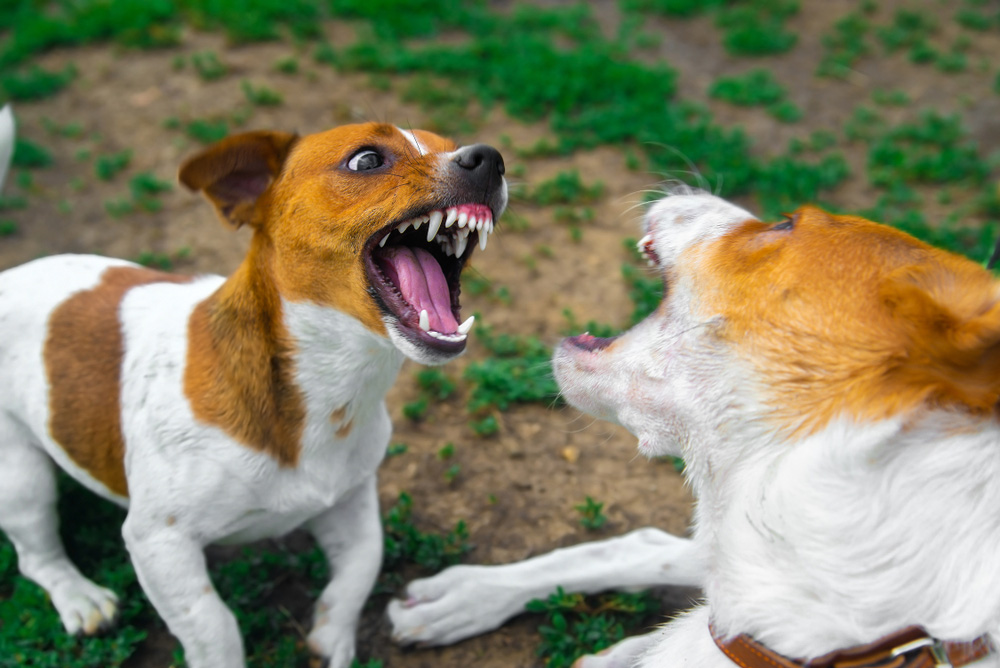
Help! My Dogs Can’t Seem to Get Along!
“Dear Dr. Paola,
I am the owner of two male long-haired chihuahuas (Walter and Tripp). They are litter mates. I got Tripp when he was 8 weeks old and about a year later I got Walter, who had been given to someone else but that person had been neglecting and abusing him so my friend took him back and asked if I could take him. It’s been 2 years now and he’s a very sweet dog, but the problem is, my two dogs fight constantly, growling at each other and sometimes they fight, biting and growling. They really seem to hate each other. I can’t pick up one without the other trying to attack him. Is there something that I can do to stop this behavior? They only fight with each other they don’t fight with other dogs. I live in a household with four other dogs of different shapes and sizes from a smaller Chihuahua to a large Doberman Pinscher and they get along with all of them except each other. Help please” – Wanda
Wanda, it sounds like Walter and Tripp’s fights are due to unresolved tension, likely due to competition, resource guarding, and Walter’s past trauma. Since you have clearly identified that they get along with other dogs but not each other, their relationship dynamic is the core issue. To prevent fights, avoid situations where they feel the need to compete—such as picking one up in front of the other, petting one, or even speaking and watching one while not the other.
You can use baby gates or crates when necessary to create a safe space. It is crucial to focus on reinforcing calm behavior with high-value rewards that are offered simultaneously. Structured activities like parallel walks, feeding simultaneously but at a safe distance, and controlled play can help rebuild their tolerance for each other.
Your training should focus on impulse control and reinforcing neutrality. Teaching cues like “leave it” and “place” will give them alternatives to reacting aggressively. Ensure they receive attention only when both are calm to prevent jealousy. Since their aggression is specific to each other, professional guidance from a behaviorist may help if the fights persist. With consistency and structure, they can learn to coexist more peacefully, and if you consistently get it right, eventually get along.


Help! What Flea Treatment Should I Use?
“Hello Dr. Paola!
We live in an area that is infested with ticks and chiggers and would like to know which treatment would be best for my Shichon, Chewie, my 10-pound puppy. I’m feeding him mostly raw foods and want him to stay healthy. Thanks” – Lydia
Hey Lydia, I appreciate your trust in seeking guidance for your dog’s care. Ticks and chiggers are external parasites that can transmit several diseases to dogs and humans. Ticks are especially dangerous as they are vectors of serious illnesses, chiggers (larval mites) primarily cause intense itching and skin irritation rather than systemic infections. However, since we are unable to establish a doctor-patient relationship through this space, I’m unable to recommend a specific treatment product, though we do have a list of the top available ones here.
That said, veterinary care is highly individualized, and what works for one dog may not be suitable for another. The best course of action is to consult a veterinarian who is familiar with the species of ticks in your area and who can directly evaluate your dog’s unique health status, medical history, and specific needs before determining the most appropriate treatment.
If you’re unsure where to start, you can also schedule a call with one of our veterinarians at PangoVet, our tele-triage veterinary service, and they can help provide general guidance on whether your dog’s condition requires urgent in-person care, to ensure your dog receives safe and effective care.
Best Wishes,
Dr. Paola
- View past week’s questions here: February 3, 2025
- See our full list of past articles here
- Click here to submit a question
- Get Dr. Paola’s weekly advice sent straight to your inbox. Sign up below!


